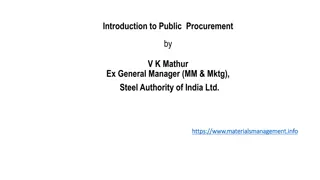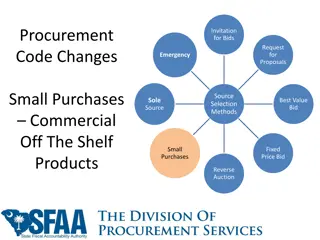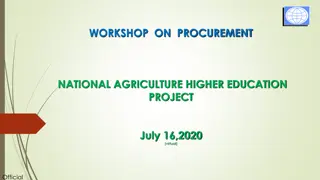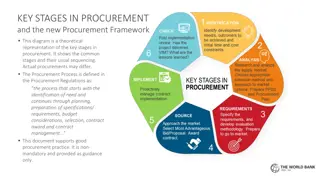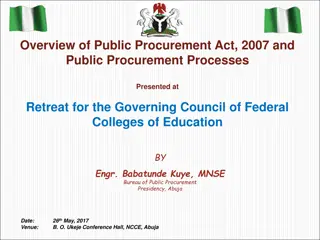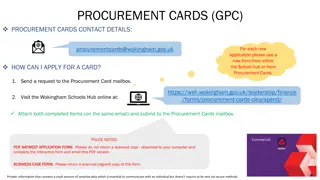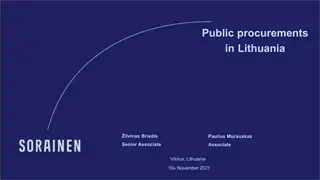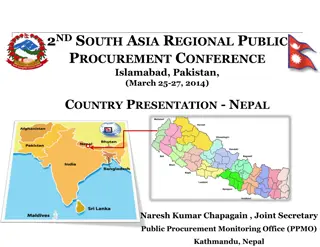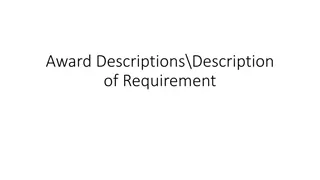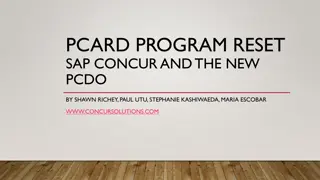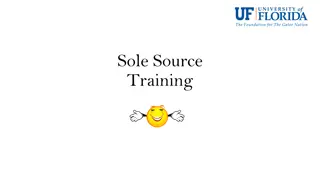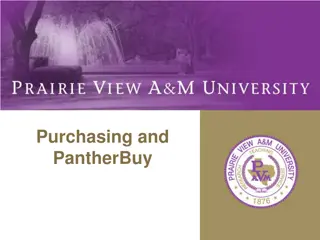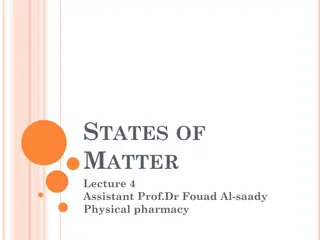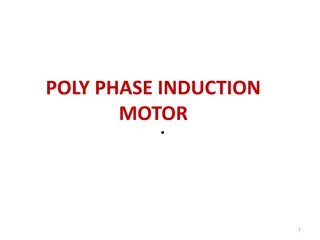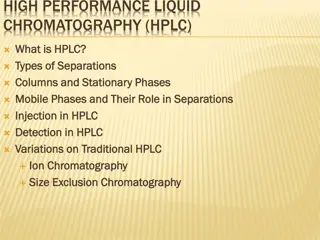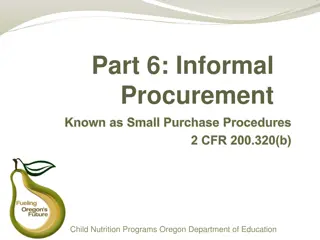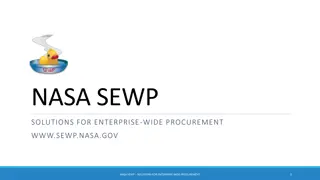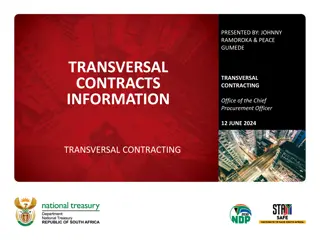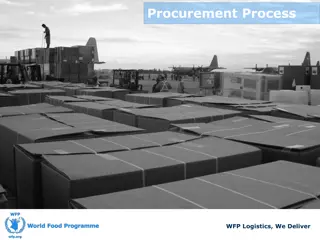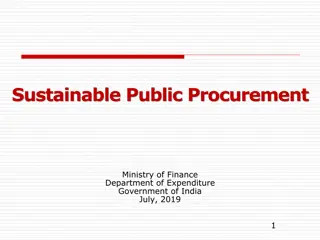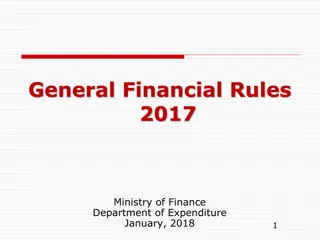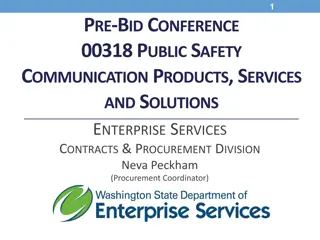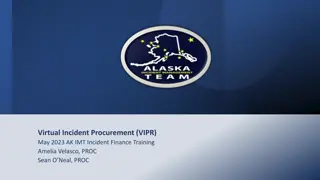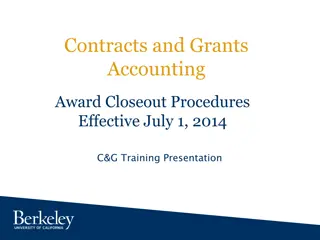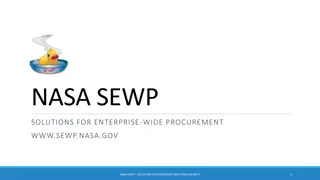Efficient Practices in Pre-award/Award Phase of Procurement
Explore the comprehensive Pre-award/Award phase in procurement, covering acquisition planning, solicitation development, evaluation criteria, market research, negotiation, contract award, and more. Learn about leveraging prior planning for contract finalization, negotiating contracts effectively, understanding different contract types based on risk assignment, and the importance of well-defined requirements in contract writing.
Download Presentation

Please find below an Image/Link to download the presentation.
The content on the website is provided AS IS for your information and personal use only. It may not be sold, licensed, or shared on other websites without obtaining consent from the author. Download presentation by click this link. If you encounter any issues during the download, it is possible that the publisher has removed the file from their server.
E N D
Presentation Transcript
IIS Procurement Webinar Series Week 4: Pre-award/Award Phase Beth Cox, CDC Marcey Propp, PHII Consultant Presenter name/date
Pre-award/Award overview Acquisition planning Solicitation Pre-award/Award Develop solicitation document Assemble acquisition team Develop evaluation criteria Conduct market research Publish solicitation/Q&A Develop project budget Document SOW/PWS Collect requirements Evaluate responses Negotiate contract Award contract 3
Pre-award/Award phase Pre-award/Award is the final phase of procurement, consisting of: Evaluation of solicitation responses Negotiation Award of contract Recommendation: Do not develop a contract from scratch. Leverage prior planning and documentation to finalize the contract. A contract is: Negotiated, awarded and then administered. Mostly drafted prior to being solicited. Finalized after negotiations are completed. The key to a well-written contract are well-defined documented requirements. 4
Pre-award/Award: negotiate contract Acquisition Planning Solicitation Pre-award/Award Develop solicitation document Assemble acquisition team Develop evaluation criteria Conduct market research Publish solicitation/Q&A Develop project budget Document SOW/PWS Collect requirements Evaluate responses Negotiate contract Award contract 5
Negotiating the contract Allow enough time! Can take months Recommendation: Don t make assumptions about what will be provided and by whom. Take the opportunity to refine terms used in the solicitation document. Be clear about roles and responsibilities, and about system performance and service level expectations. 6
Contract types Different contract types are based upon how the government needs to assign the risk: Firm-fixed price: Risk of performance assigned to the contractor, this contract type is suggested for work for which there is sufficient pricing history to estimate the associated pricing with the requirement. Cost reimbursable: For projects with a new requirement or one that is not appropriate for a firm-fixed price award, the government is willing to assume the risk of failure on the contract. A cost reimbursable contract is priced with a not-to- exceed ceiling. 7
A word about penalties Are penalties for non-performance clear as to: The circumstances under which the penalties are invoked? The type(s) of penalties (financial or other) and, if more than one type, which apply to which circumstance(s)? The role of program staff in providing supporting documentation related to penalties? Be incremental in your penalties; avoid all or nothing clauses that don t allow you or your vendor any wiggle room. 8
Procurement phases and steps Acquisition planning Solicitation Pre-award/Award Develop solicitation document Assemble acquisition team Develop evaluation criteria Conduct market research Publish solicitation/Q&A Develop project budget Document SOW/PWS Collect requirements Evaluate responses Negotiate contract Award contract 9
Summary of procurement phases and major activities Acquisition Planning Phase Major Activities Key Recommendations Layout all procurement activities to ensure appropriate lead times/timeline Reassess the team members and roles as the procurement process evolves Requirements can be collected in advance of issuing a solicitation Include people within and outside your organization who understand the need and can think strategically Identify requirements relevant to your jurisdiction using the IIS Baseline RTM as a starting point Be as specific and clear as possible regarding your requirements and service expectations Be realistic of what your budget will allow Conduct Market Research Develop Project Budget Assemble Acquisition Team Collect Requirements Document SOW/PWS Solicitation Phase Major Activities Develop Solicitation Document Develop Evaluation Criteria Publish Solicitation/Q&A Key Recommendations Be as clear and complete as possible within the solicitation document Structure the solicitation document in outline format for reference Comply with jurisdictional policy regarding the evaluation, publication and notification of the solicitation document Pre-award/Award Phase Major Activities Key Recommendations Do not develop a contract from scratch; leverage prior planning and documentation Be incremental in your penalties; avoid all or nothing clauses Evaluate Responses Negotiate Contract Award Contract 10
What is on your mind related to procurement? Send your questions to iis@phii.org. 11
Thank you! Send your questions to iis@phii.org. 12
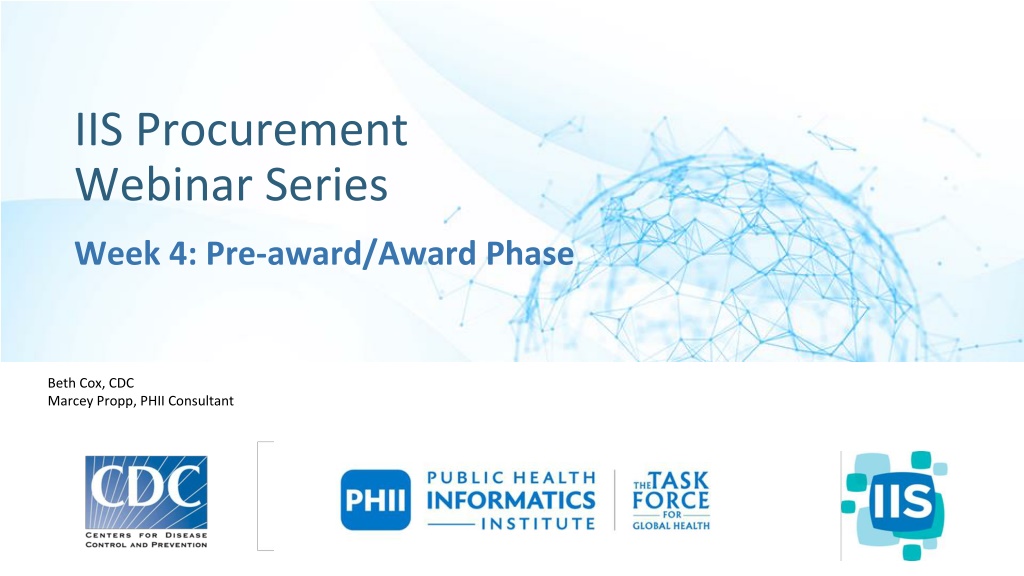

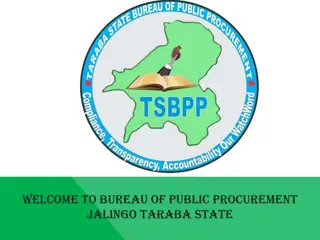

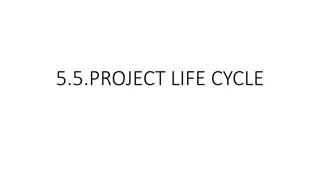
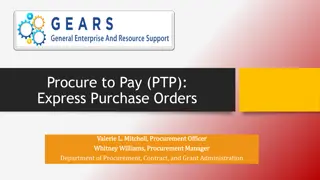

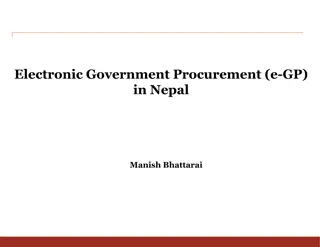
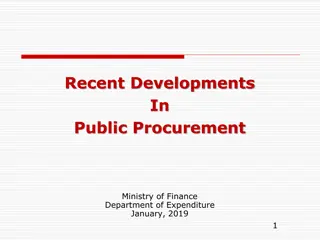
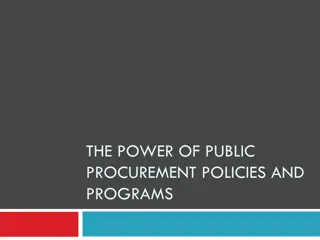
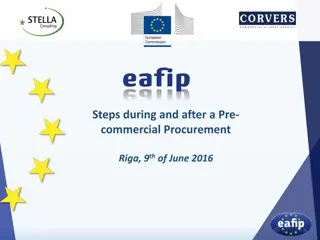
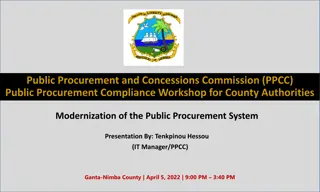
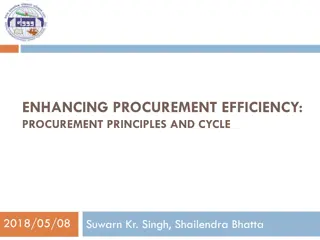
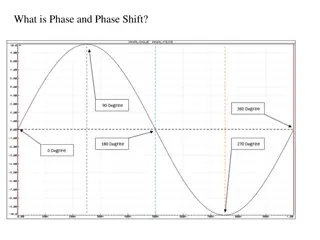
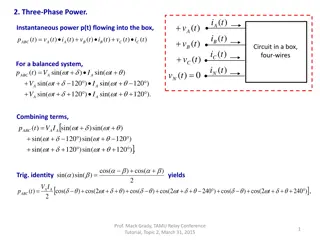
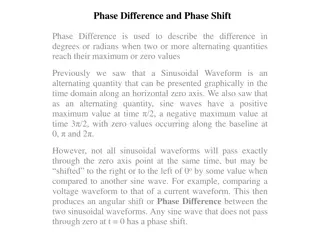
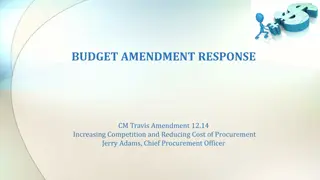
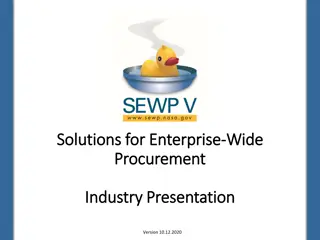
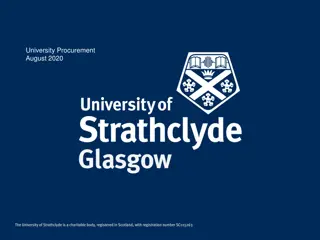
![Comprehensive Overview of Corruption Watch Submission on Public Procurement Bill [B18B-2023]](/thumb/138344/comprehensive-overview-of-corruption-watch-submission-on-public-procurement-bill-b18b-2023.jpg)
